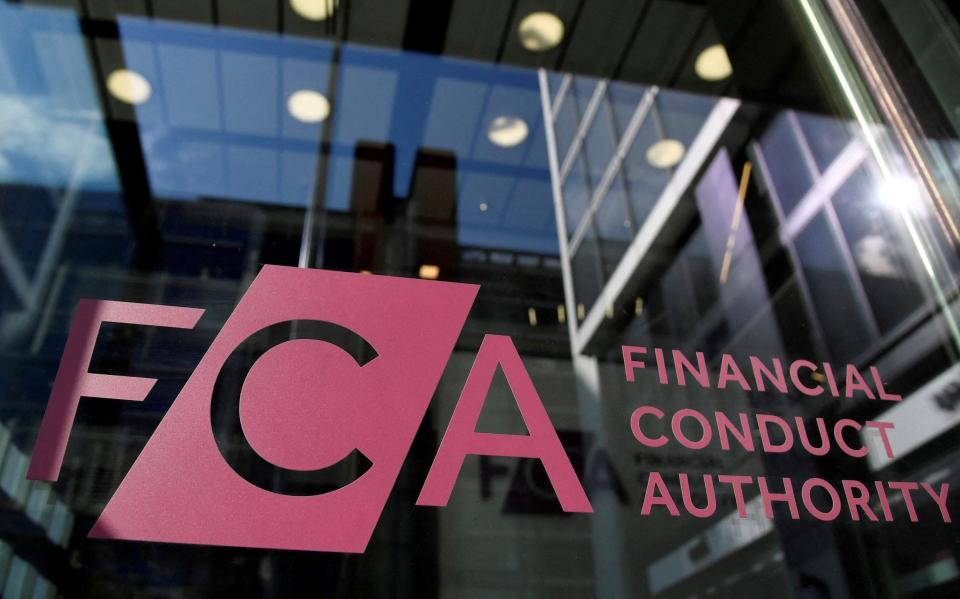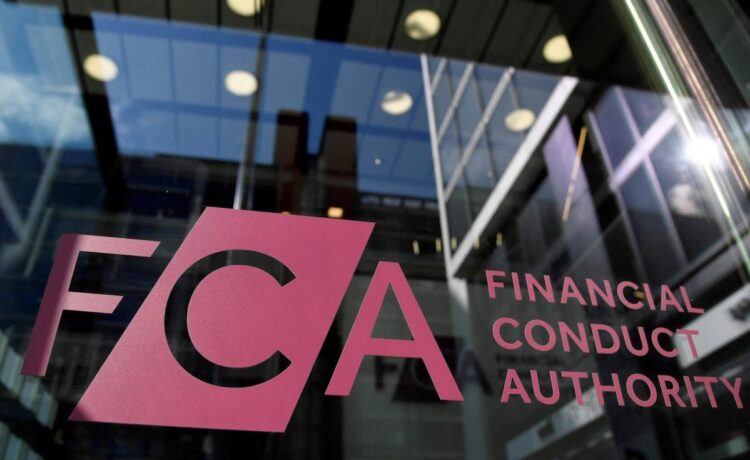
The failures of our financial regulators – the Financial Services Authority (FSA), the Financial Conduct Authority (FCA), and the Prudential Regulation Authority (PRA) – are well documented.
After each failure we had to listen to them squirm, explaining how they missed balance sheet anomalies that led to systemic failures, or why they did not act sooner to protect investors.
Sometimes an inquiry, years after the event, opines, telling us what we already knew: that financial regulation in the UK is ineffective in the prevention of wrongdoing.
Where regulation has succeeded is in the asphyxiation of our capital market. Regulation has reduced the London Stock Exchange (LSE) to a fraction of its former size.
It has destroyed confidence with the imposition of ever-evolving obstruction of regulated firms, entrepreneurs and investors with new layers of red tape under the wide ranging and conveniently loose interpretation of the Financial Services and Markets Act 2000 (FSMA), and its EU cousin the Markets in Financial Instruments Directive (MiFID) I and II.
This matters, because firms quoted on the LSE generate wealth, create employment, pay pensions, make tax contributions, and contribute to the economic growth of the country. Democracy, in the end, must be paid for.
At a national level politicians know that the demands being made of them by an expectant public are insufficiently funded by our current income.
Ironically, Labour’s Rachel Reeves, the chancellor “in waiting”, is currently campaigning to convince people that she can be trusted on the economy – yet it was the legacy of her New Labour forebears that mutilated that same economy by vast amounts of legislation.
The FSA was “abolished” post the financial crisis, but it was seamlessly replaced with the FCA and PRA in what seemed more like a reshuffle of activities and a corporate rebrand.
The FCA states that its role and objectives are primarily defined by the FSMA and that it is accountable to the Treasury and to Parliament; it claims that its strategic objective is to “make sure relevant markets function well”. But if the ever-diminishing capital value and relevance of the LSE is a metric of “functioning well”, it already fell at the first hurdle many years ago.
The Government has finally spotted this and added, since 2023, a secondary objective of “facilitating, subject to aligning with relevant international standards, the international competitiveness and growth of the economy of the United Kingdom… and its growth in the medium to long term”.
As anyone knows, muddled top-level objectives that contradict one another is a recipe for further confusion and certain failure. Unless radical and unlikely changes happen soon, the secondary objective is a mirage. It has arguably already failed.
In addition the FCA has “operational” objectives which are seemingly not subordinated to its strategic objective. However, there is no indication that these operational objectives – to protect consumers, to protect and enhance the integrity of the UK financial system, and to promote healthy competition between financial services providers in the interests of consumers – are subordinated to the new secondary objective at all.
This continuing muddle appears to allow the FCA to do much as it pleases on a day-to-day basis, delivering more crazy initiatives, red tape, and pictures of grinning employees, as anyone who receives their monthly emails will attest.
It is probable that these contradictions will surface in strategic and systemic failures in the future. In the armed forces, strategy delivers the aim, which translates to subordinated orders, which are delivered on the ground. Usually this works well unless the strategy is wrong in the first place.
The FCA might claim that it achieves some of its “operational” aims, but as things stand it will always fail on the execution of a strategic aim – and at what cost?
The FCA’s strategic failures litter the financial services landscape like destroyed tanks on a battlefield. It was accused of negligent complicity over the Woodford and London Capital & Finance scandals.
According to the Financial Times, the FCA was reportedly warned of problems at Woodford in 2015, four years before the eventual collapse. The Gloster report into LCF concluded that the “FCA did not discharge its functions in respect of LCF in a manner which enabled it effectively to fulfil its statutory objectives”.
For context, the FCA budget is £755 million a year, with the chief executive Nikhil Rathi – from 2005 to 2008 Private Secretary to Prime Ministers Tony Blair and Gordon Brown – being paid a salary of £455k.


According to The Observer, the FCA paid bonuses of £125m to staff between 2016 and 2021. Presumably this was justified as the “cost of talent” in a Government organisation subject to limited oversight.
Has the FCA gone rogue under the noses of a bamboozled Treasury? Has the FCA model of raising fees from the firms it regulates (rather than the taxpayer) encouraged the capture of fees and fines, as opposed to investigation of wrongdoing
Has this greater independent status scared civil servants, who might prefer the comfort of dealing with cash-strapped Government departments pleading for funding, as opposed to oversight and engagement avoidance?
Why is the FCA often so happy to settle with firms in their grasp? The legal system, meanwhile, appears to make it ever more difficult for firms and individuals to defend themselves. Is the FCA now simply an unsupervised, untouchable, self-serving, elite operating almost at arm’s length above our democratic system?
London had established itself as Europe’s and, at times, the world’s, preeminent financial centre, founded on free trade and the basis of “caveat emptor”.
In a short space of time this has changed, as the main financial market participants stood by and complicity allowed their industry to be destroyed by an army of petty-minded lawyers feasting off an increasingly complex regulatory handbook driven by the FCA and PRA. FSMA 2000 has fostered a monster, and it now needs to be repealed as a matter of urgency.
Rupert Lowe is the Business and Agriculture Spokesman for Reform UK














